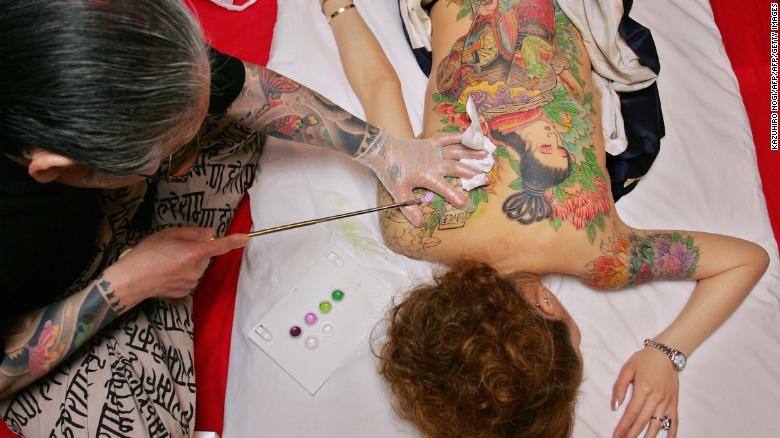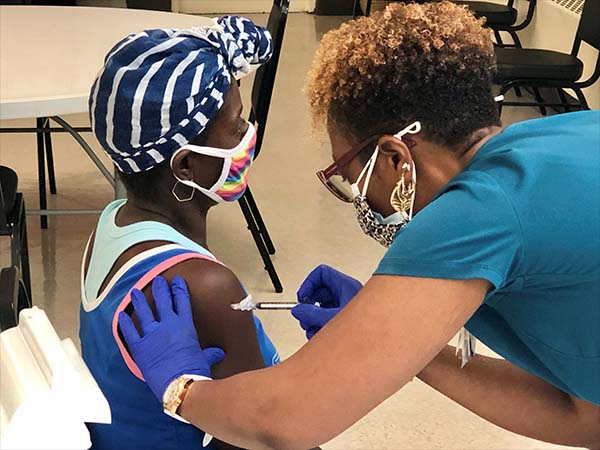
Getty Images
I lay on the mat of the open-air bungalow in Apia, Samoa, looking up at a gecko. As its tail quivered, I felt a sympathetic twitch in my leg. Su’a Sulu’ape Paulo III, the sixth-generation Samoan hand-tap tattoo master leaning over me, paused to see if my movement was due to pain.
I’d been in Samoa for a month, studying Samoan tattooing culture and the impact of the big traditional pieces called pe’a and malu — tatau in general — on the immune system. Now I was getting my own hand-tapped leg tattoo, albeit considerably smaller.
This field season was the fourth of my research on the relationship between tattooing and immune response. My first study had focused on a small sample, mostly women, in Alabama. What I’d observed among that group suggested that tattooing could help beef up one’s immune response.
But one small study in the United States wasn’t proof of anything — despite headlines blaring that tattoos could cure the common cold. Good science means finding the same results multiple times and then interpreting them to understand something about the world.
That’s why I traveled in 2018 with fellow anthropologist Michaela Howells to the Samoan Islands. Samoans have a long, continuous history of extensive tattooing. Working with contemporary machine and hand-tap tattooists in American Samoa, we wanted to see if we’d find the same link to enhanced immune response.
More than 30% of Americans are tattooed today. Yet, few studies have focused on the biological impact beyond risks of cancer or infection.
For the full story, visit CNN.com/Health.





